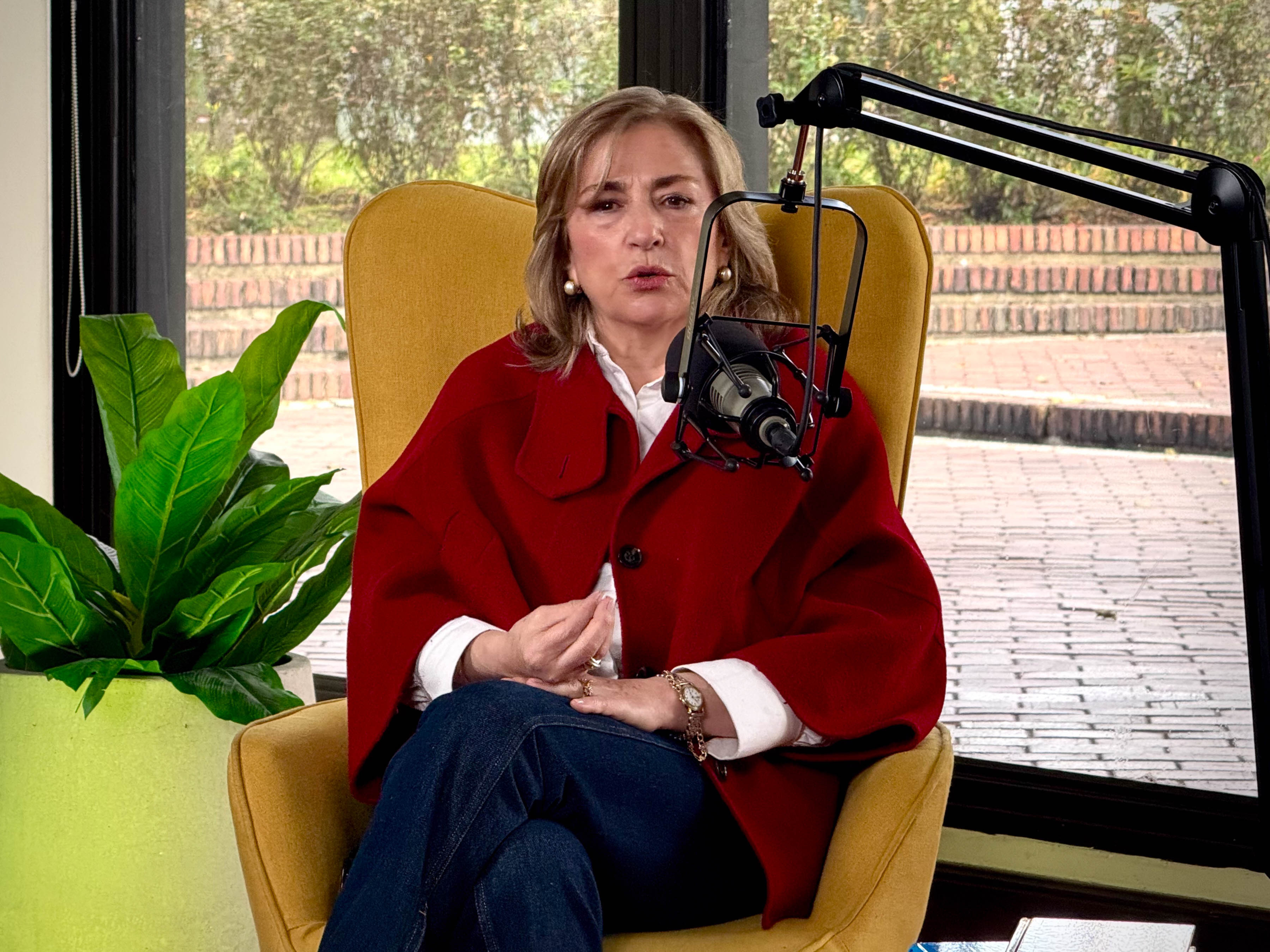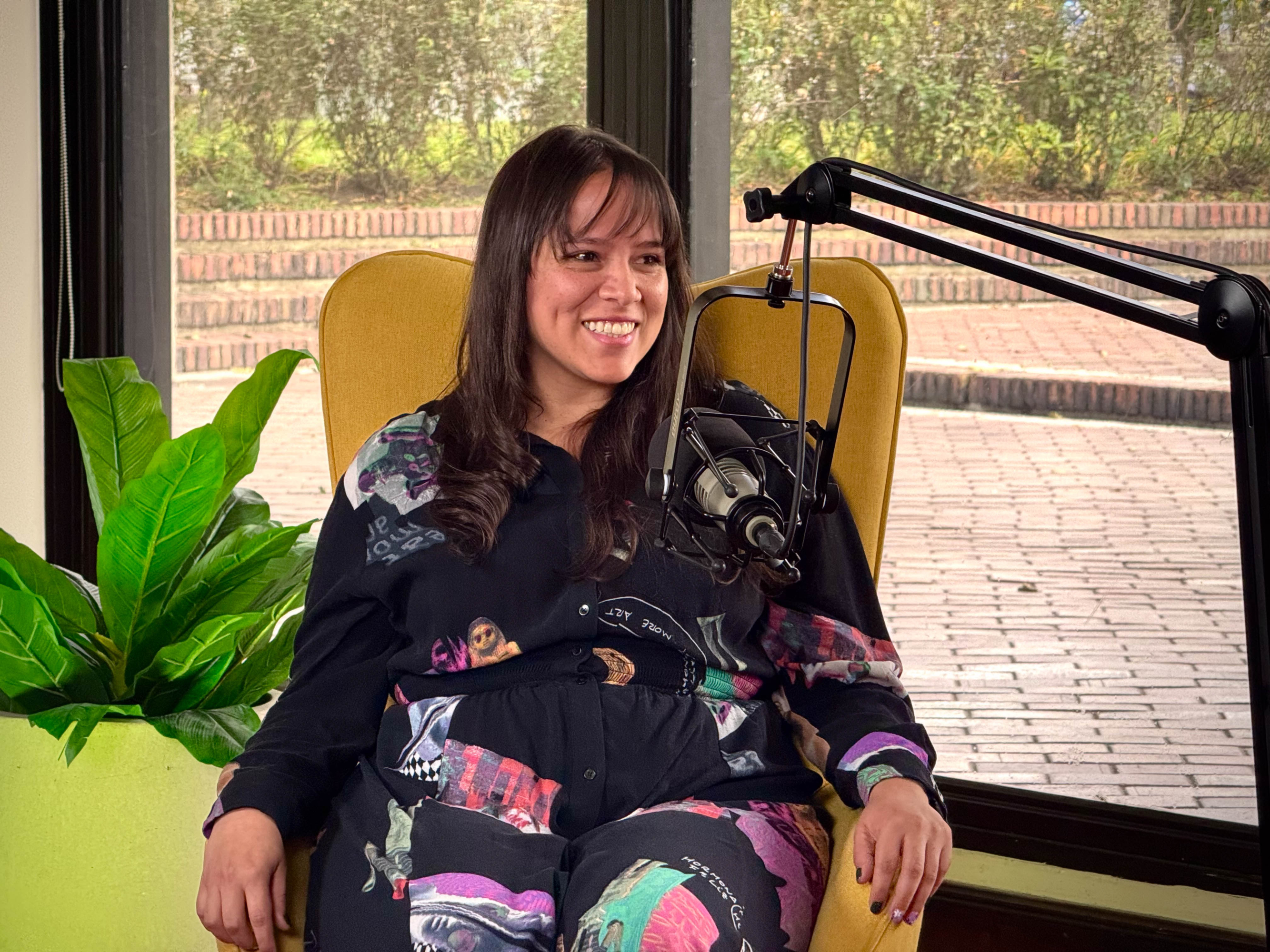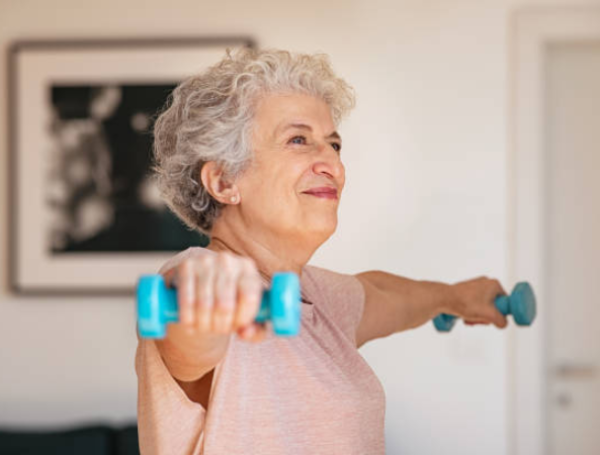The over-50 population is the country's new strength

Julio Mario Bernal is about to retire from a company where he worked for 40 years. Far from yearning to go home and rest, he's just taken on a new challenge: he's learning about Artificial Intelligence (AI).
So, while training his successor at the multinational company he works for, this food engineer alternates his learning process with the oil painting classes he's been taking for the past eight years, where he discovered he not only had a taste for art but also a talent for producing it.
The keys, according to Julio Mario, are curiosity, knowing what one is capable of, and the desire to remain active well beyond what is currently considered the end of one's working life in the country.
Social communicator María Esperanza Gómez Ferreira agrees. Retired at 54 due to a special regime, she went, overnight, from working with the Organization of Ibero-American States or the Bogotá Chamber of Commerce to waking up at home with no plan other than to spend the day.

María Esperanza Gómez has been attending the Sapiencia Club workshops at Javeriana University. Photo: Edwin Romero
It was then that she received a call from Javeriana University to join a debate club. She attended, she says, out of curiosity and because she has always been clear that she wants to continue growing intellectually and remain productive and active.
Eight years have passed since then, and she continues to attend the Sapiencia Club, which remains true to the promise that brought María Esperanza there: to be a place where she learns about art and culture, debates, analyzes geopolitical phenomena, and reviews history while sharing with a group of people who, like her, are also unwilling to stay still.
“The main reason people come to the Club is that they want to continue learning. They tell us, 'I want to study something I couldn't while I was working because I had so many other things to do,' or 'Now I have the opportunity to dedicate time to learning about history, which is a subject I've always been passionate about.' They often suggest topics that we try to schedule,” says Lida Viviana Cuéllar, Continuing Education Coordinator at the Pontificia Universidad Javeriana.

Lida Viviana Cuéllar, Continuing Education Coordinator at the Pontifical Javeriana University. Photo: Edwin Romero
Julio and María Esperanza are part of a rapidly growing population worldwide, and particularly in Colombia: people over 50.
Transition: an opportunity The first Silver Economy report in Colombia, presented last May by Banco Popular, highlights the demographic transition the country is undergoing: today, more than 14 million people are over 50 years old, and by 2030, there will be more Colombians over 60 than those under 15.
“By 2050, life expectancy in Colombia will reach 79 years, which means many people could live for nearly a century. Fifty no longer marks the end, but rather the beginning of the best stage of life,” says María Fernanda Suárez Londoño, president of Banco Popular.
Soraya Montoya, director of the Saldarriaga Concha Foundation, argues that demographic change is accelerating. “In just 10 years, births went from 658,000 to 445,000. That's a 33 percent decrease. At the same time, we're living longer,” says Montoya.
He believes this is a reality that demands action. First, by recognizing the transition and identifying how we adapt to these new realities in all areas : health, care, education, the labor market, housing, infrastructure, technology, and also social and interpersonal relationships.
"We can turn this phenomenon into an opportunity. Today, older adults account for nearly 12 percent of the country's Gross Domestic Product (GDP)," he says.
In light of this, many higher education institutions have portfolios tailored to the needs and expectations of those over 50.
“Education throughout the life cycle plays a key role in active aging and the social and economic participation of older adults,” says a report from the Foundation.
Demographic change poses challenges in all areas. One of them is the workplace, where various barriers have emerged, as identified by researchers. These include age discrimination and the digital divide.
In Colombia, nearly 50 percent of people over 50 participate in the labor market and have much to contribute.
“The truth is that having intergenerational teams is an opportunity for companies. Studies show that it increases productivity by an average of 18 percent and reduces turnover,” says Montoya.
When we talk about people over 50, we're not referring to people who are "on their way out" or in the twilight of their lives. A large portion of this population wants and can remain active and productive.
"This segment of the population is more active and plays a decisive economic role: 18 percent of the 5.1 million microbusinesses in the country are owned by older adults, meaning nearly 940,000 ventures are led by older adults," says María Fernanda Suárez Londoño, president of Banco Popular.
The bank designed a "comprehensive proposal that makes it possible to live this stage to the fullest: a model of care and support that transcends the financial and focuses on the physical, emotional, and financial well-being of older adults, through the Silver Club, which we will launch in October."
Quality of life For Oswaldo Restrepo, a specialist in occupational medicine and medical epigenetics who created a YouTube channel during the pandemic that now has 5.2 million followers, one of the greatest challenges of living longer is the quality of life we will enjoy.
"If we're increasingly older, if we're living longer, and we continue to retire at 62, or if there are changes, at 65, it will be 25, 30, or more years after retirement. What do we want to do? Sit in a park or at home waiting to get sick? Or can we stay healthy, active, productive, and continue working to grow the economy?" he opines.
Along with a team of 25 health professionals , he is dedicated to promoting a healthy lifestyle that follows the guidelines of what science has discovered in the so-called blue zones, those places on the planet where people live longer and enjoy a good quality of life.
It involves eating a healthy diet based on fruits and vegetables; exercising; getting restful sleep; maintaining low stress levels; having a purpose in life; maintaining strong social and family relationships; and not smoking or drinking alcohol.
In this way, Restrepo says, people over 50 would not only live longer, as is happening now, but also do so enjoying better physical and mental health.
That is, perhaps, the main challenge: how to make the most of those extra years that, thanks to science, we have today.

Progressive and personalized strength training is key to healthy and independent aging. Photo: iStock
“Age is a mental issue. Feeling young and having a good attitude from the moment you wake up until you go to bed is the secret to being well. If you have peace of mind, you have everything,” says 67-year-old Héctor Bohórquez, enjoying a Sunday morning with his partner in a Bogotá park.
eltiempo




